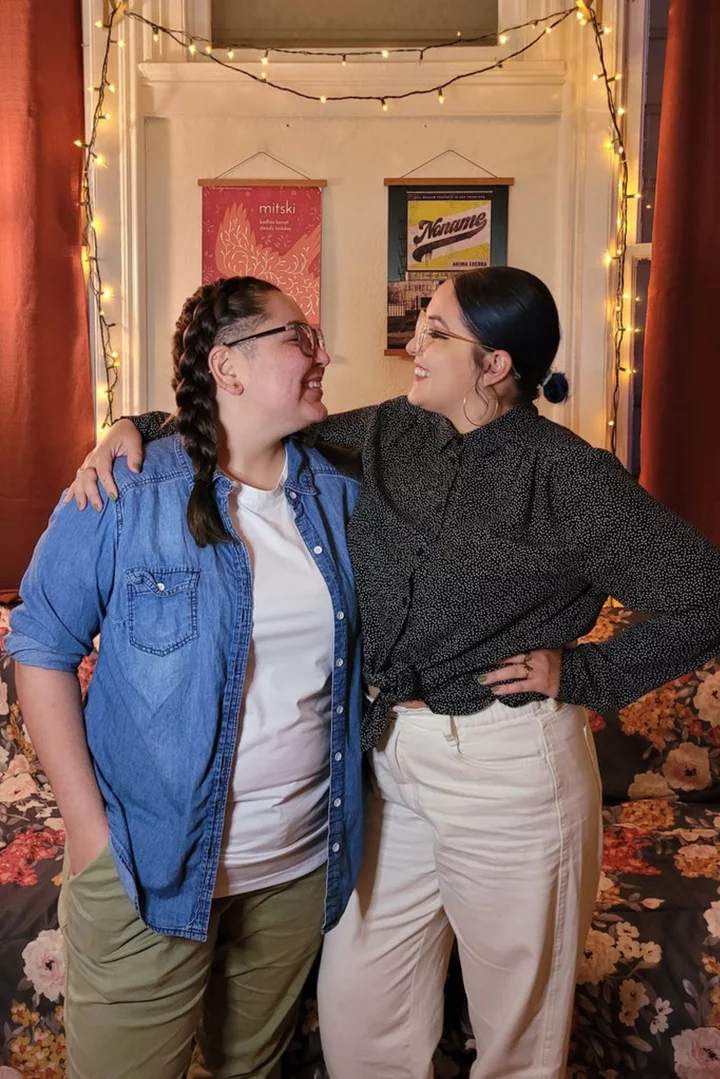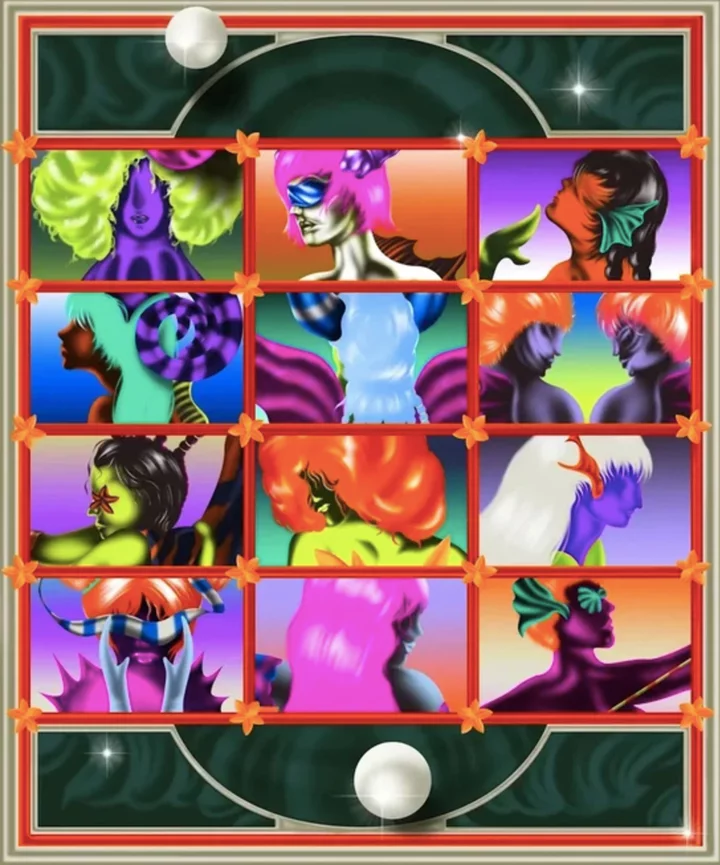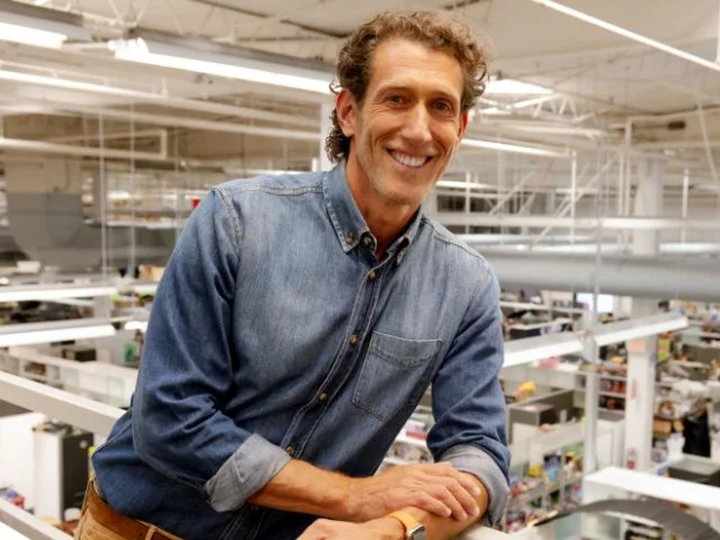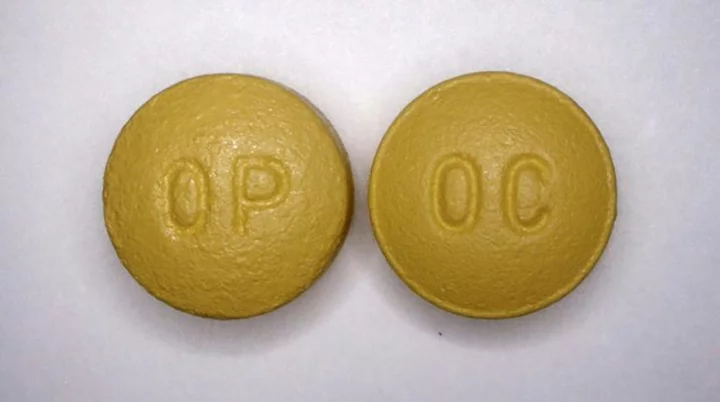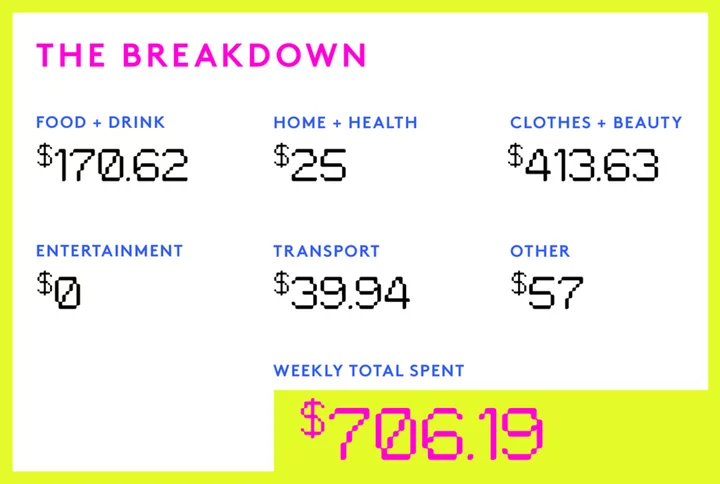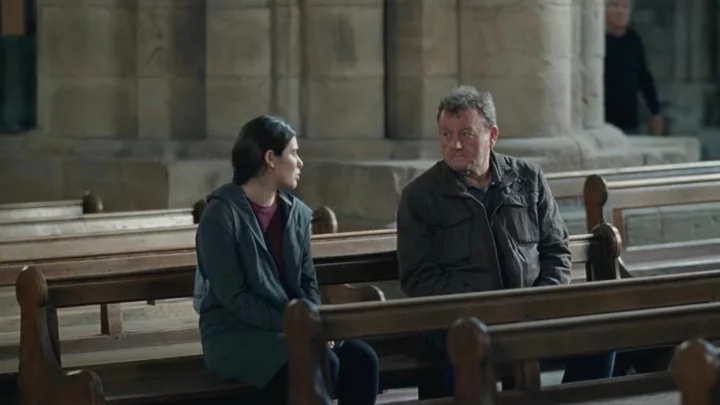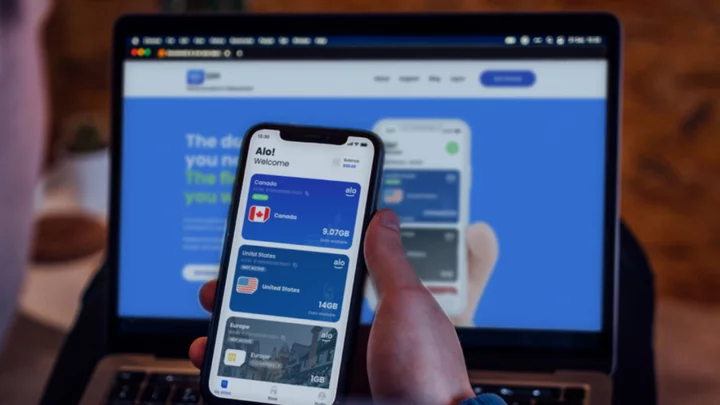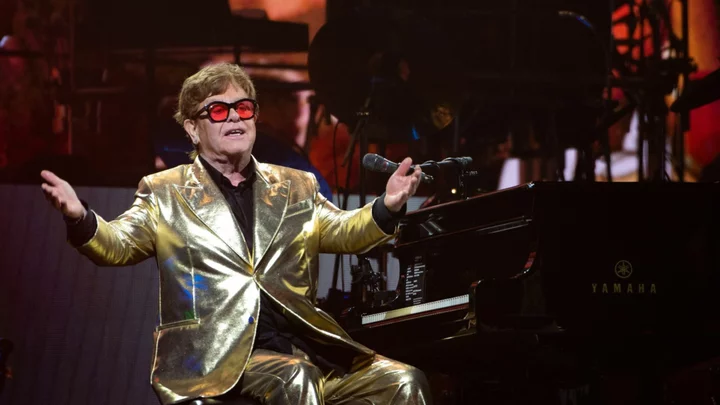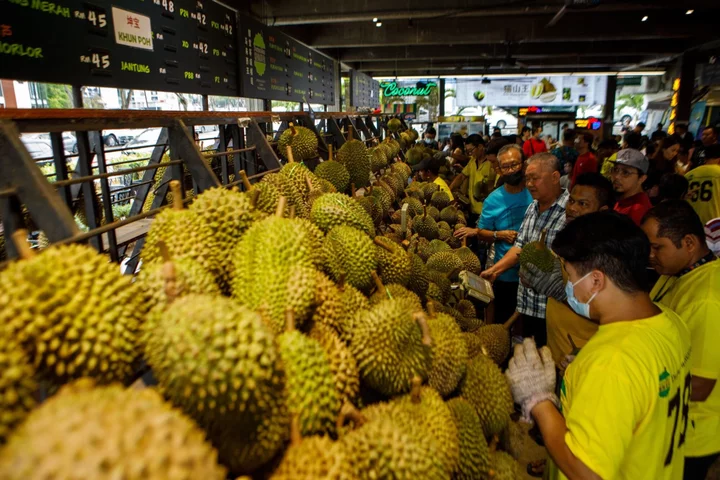Refinery29 Somos continues our preservation of customs that serve us and our retiring of those that don’t this Latine Heritage Month. In 2023, we’re exploring how Latines are pushing back on assimilation by resurrecting and remixing traditions so they serve us today.
“Ve llevale $20 a tu tío al puente,” my Abue tells me. With immense reluctance and anger, I drive to loop the international bridge that connects El Paso, Texas, with Ciudad Juarez, Chihuahua, Mexico. I pay the .25 cents to walk across and meet my uncle at the halfway point where the Mexico and U.S. flags meet and give him the money he asked my grandma for. I never understood why she would always give in to him. We all knew he would spend it on alcohol, and it felt like she was enabling him and that he was taking advantage of her. But that’s what family does, right? That’s what mothers are supposed to do for their sons. At least in Mexican culture, that’s what I have grown up learning.
In Latine culture, motherly self-sacrifice is rooted in marianismo and familismo, an ideology that values dedication, commitment, and loyalty to family. Familismo is why my Abue felt an obligation to always help her children financially, no matter how old they were and what the money was for. I didn’t know that then, though. All I saw was my Abue suffering for her children, and me getting upset and pushing back against aspects of the culture that I found problematic. That day, when I returned from the bridge, I looked at my Abue and asked her why she was still giving my uncle money, noting that he should be supporting her instead. She looked at me and just shook her head, “Nunca entenderas hasta que no tengas tus proprios hijos, mija.”
Now, as I begin a fertility journey with my partner, I have to ask myself if this is going to be true: Will I now understand her reasons? Will I enable my children or raise them to be responsible individuals? What do I need to unlearn to not fall into the same problematic ideals I learned growing up? What are the beautiful pieces about my family and my culture that I should pass down and what should I leave behind? What parts of familismo will I reclaim and which will I retire?
“What are the beautiful pieces about my family and my culture that I should pass down and what should I leave behind? What parts of familismo will I reclaim and which will I retire?”
maria mattaI was born in Puerto Rico but grew up along the Mexico-U.S. borderland and the streets of Little Havana, Miami, surrounded by the machismo, homophobia, and heterosexism of Latine cultures and Catholicism. It was in these environments where I first learned the concept of familismo, and since childhood, I rebelled against some of its values. I was known as “that” person in my family, the one who spoke out, who talked back to anyone, and who was labeled “special” and weird. “Porque no eres una niña normal,” they would joke, referencing the “weird” daughter Bibi from La Familia P.Luche. I wasn’t normal to them because I dared to use my voice, because I left the Catholic religion, and because I pushed back against the gender roles they tried to ascribe to me. “Why do I need to serve food to my brother? He has hands,” I would protest when asked to serve my siblings.
In my rebellion and questioning of the church and its teachings, I began queering the idea of who I was to my family, and who I wanted to be. I was queer in my sexuality, attitude, and in my beliefs, so queering familismo was something that came naturally to me.
I’ve known I wanted to be a mother and have my own family since I was a child. Growing up without a father and losing my mother at the age of 2, I always felt like I didn’t have a “real” family. My brother and I were raised by a village. My Abue took us in, but we spent significant time with each one of my tíos, tīas, and their families, enough time that I have fond memories of all of them. Our culture is collectivist, and it is something that as a queer person, I have also experienced. Oftentimes, queer people have to find and build our chosen family to survive, so I know it takes a village to be seen, held, nurtured, and supported. This large, close knit community is something I, too, want for my children — and it’s what my partner and I need as we embark on this difficult fertility journey.
Recently, a fertility doctor informed me, untactfully and matter-of-factly, that based on my lab work and history, I may have gone through early menopause and don’t have any eggs left. As the physician spoke, I wondered if the ideals I received from the Catholic Church were true: Was I being punished for not adhering to its heterosexist patriarchal family structure? But soon after that, I sent up a prayer, something else I learned from the church. “Abue, Mom, please help me navigate the difficult journey ahead for my family,” I said to myself. When my partner and I got home later that day, we lit a candle to La Virgencita de Guadalupe on our altar and continued praying.
“I was queer in my sexuality, attitude, and in my beliefs, so queering familismo was something that came naturally to me.”
maria mattaAs I embark on this fertility journey, I am having to reconcile what I can keep, what I can reframe, and what I can retire from the concept of familismo. What generational trauma must I continue to be the cycle-breaker for in order for my future children to grow up in a more healed environment than the one I grew up in?
I dare dream of a future where I can conceive because I was raised to have hope and to aspire to achieve. I was raised by a woman who came to this country to give her eight children a better life, to allow them to dream. It is because of her strength, sacrifice, and dedication that I am here, and it is because of my mom’s difficulty with her own queerness that I live authentically.
I was raised with the machismo, homophobia, and unquestioned loyalty of familismo, but my children will know to question anything that doesn’t feel like healed love. They will grow up with two moms in radically queer familismo because my partner and I both love our Mexi-Rican culture, but know the generational trauma it comes with.
I was raised in a culture of silence, one where taboos aren’t discussed, dirty laundry isn’t aired, and girls are told “calladita te ves más bonita.” Critical topics like money, interfamily issues, mental health, sex, and many others weren’t addressed. But my partner, a sex educator and birth doula, won’t resist these intimate conversations; we’ll encourage them — and we’ll have the language to talk about them.
“I dare dream of a future where I can conceive because I was raised to have hope and to aspire to achieve.”
maria mattaI was raised among a large extended family that looked different from the nuclear households around me. Similarly, while my partner and I don’t live close to our birth families, we do live close to the queer chosen family we have built over the years, a community made up of trans and nonbinary relatives ready to lift us up as we stumble on this parenting journey.
When I imagine my future family now, just like when I was a child, I imagine Sunday morning merengue dance sessions with the kids and my wife. I imagine setting up the altar for the Orishas year-round and for our ancestors on Dia de Los Muertos every November 2. I hope for traditions that have been reimagined to replace the harm that familismo caused but also honor the beauty that it provided. For my growing family, this looks like carving out time for gratitude, open communication, and the knowledge that just as our children grow up to figure out who they are as people, we will also continue to grow and change. Maybe, in her own way, that’s what my Abue did and what all parents aim to do. Because ultimately, queering familismo is just carving out a version of a family that honors your past and celebrates the life you want to leave behind for future generations.

